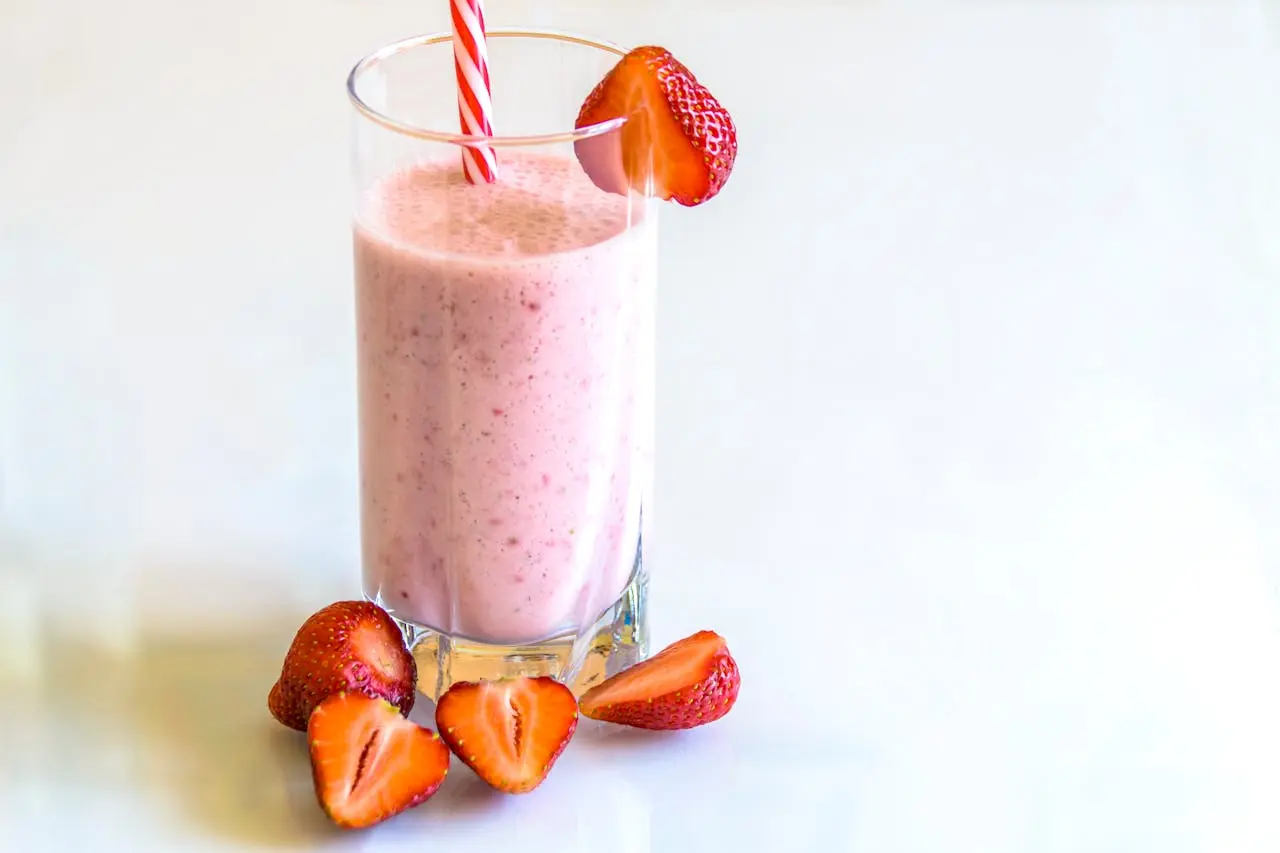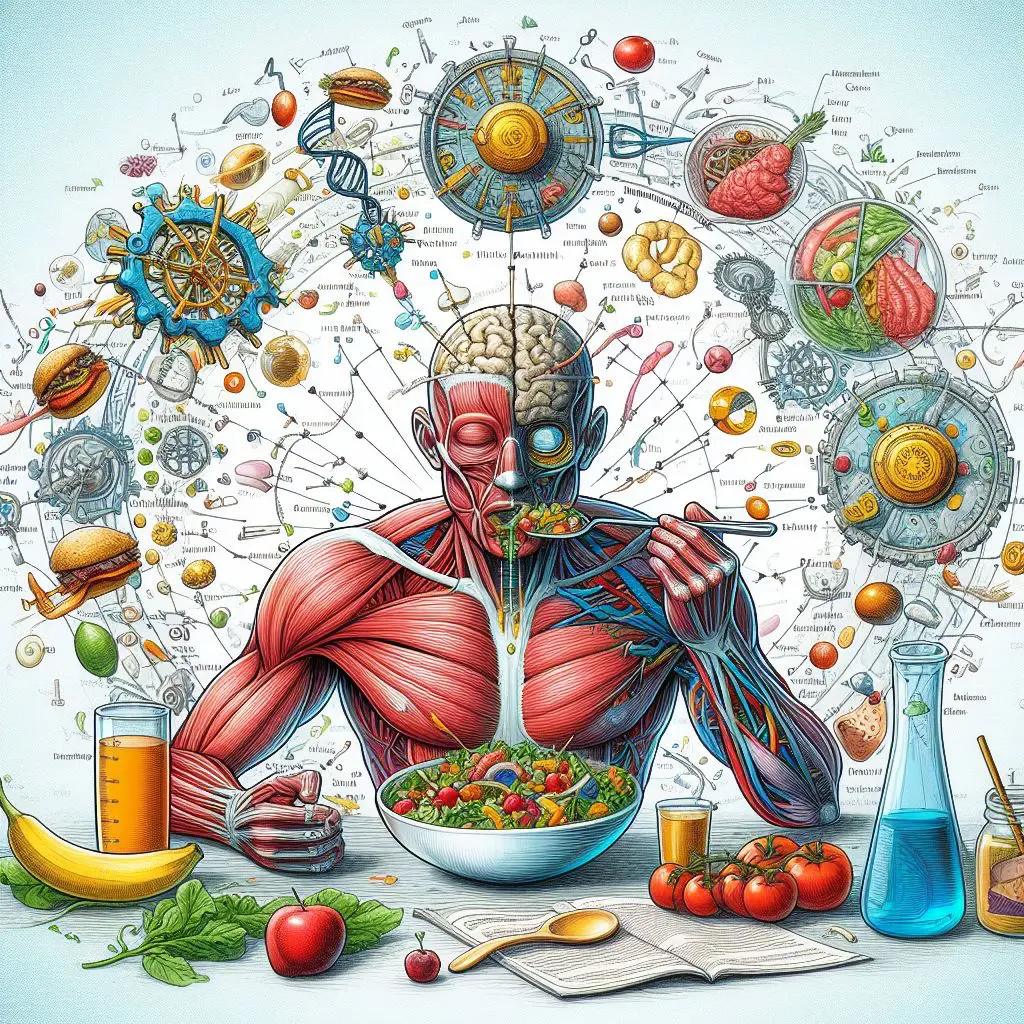Category: Fitness & Nutrition
-

The Myth of the Protein Nightcap
The article debunks the theory that consuming more protein before sleep enhances recovery, performance, or muscle gain. It emphasizes the importance of meeting daily protein requirements, rather than the timing of consumption. Consuming about 1.6g/kg per day of body weight is sufficient for muscle building and recovery.
-

The New Rules of Carb-Loading: Fueling Your Performance
Discover the latest science-backed guidelines for carb loading to enhance endurance performance. Learn how carbohydrates impact athletic readiness, the purpose of carb loading, and tailored strategies for different workout durations. Whether you’re fueling up with carbs or training fasted, prioritize sustainable progress and optimal performance. 🏃♀️💪
-

Revitalize Your Workday: Harnessing the Power of 2-Minute Desk Breaks for Optimal Health
Arnold Schwarzenegger’s Pump Club email emphasizes the benefits of quick desk breaks for health. Sedentary lifestyles impair muscle amino acid absorption, essential for protein synthesis. Short, regular movement breaks—like a two-minute walk or 15 chair squats every thirty minutes—not only optimize amino acid utilization and muscle health, but also combat the risks of prolonged sitting,…
-

“Breaking Fitness Plateaus: The Arnold-Approved Method to Progress – One More Rep at a Time!”
This article is from Arnold Schwarzenegger’s Pump Club email, 2024-March-05 Unlocking Progress with Arnold’s Proven Method Has your fitness progress hit a plateau? Here’s a method we learned from Arnold that can push you to become better. No matter what you do in any given workout, the goal of the next workout is to do…
-

Unlocking the Secrets of Omega-3s: Your Guide to Preserving and Gaining Muscle Health
Omega-3 fatty acids may play a crucial role in muscle maintenance and growth during inactivity, as suggested by recent research. Studies show taking EPA and DHA can prevent muscle loss over short periods and even increase muscle mass during extended periods of little movement. While particularly impactful for inactive individuals, the effects on active people…
-

Unraveling the Facts About Chemical Levels in Cheerios
Research disputes claims of hazardous chemical levels in Cheerios, emphasizing that one would need to consume an implausible quantity to encounter health risks. Dr. Love notes that the body quickly eliminates the pesticide chlormequat, and risks from everyday consumption are negligible. The article encourages informed decisions based on scientific insights rather than sensationalist headlines.
-

Optimizing Creatine Use: Debunking Myths and Choosing the Right Form
Arnold Schwarzenegger’s Pump Club recommends creatine monohydrate for its multitude of benefits, debunking bloating myths and emphasizing its superior absorption over other forms. Dosage should align with goals: 5 grams for muscle, 10 grams for cognitive enhancement.
-

Unlock Your Nutrient-packed Potential: Pump Club-Approved Smoothie Recipe with Arnold Schwarzenegger’s Wellness Wisdom
Arnold Schwarzenegger’s “Pump Club” email suggests incorporating fruits and vegetables into meals by adding them to sandwiches, soups, or smoothies. A recommended smoothie recipe is provided, featuring blueberries, strawberries, protein powder or Greek yogurt, milk, ice, and an optional spinach addition for extra nutrients.

